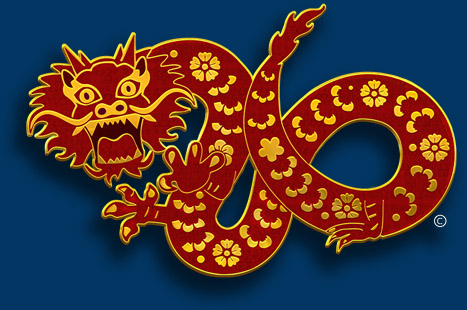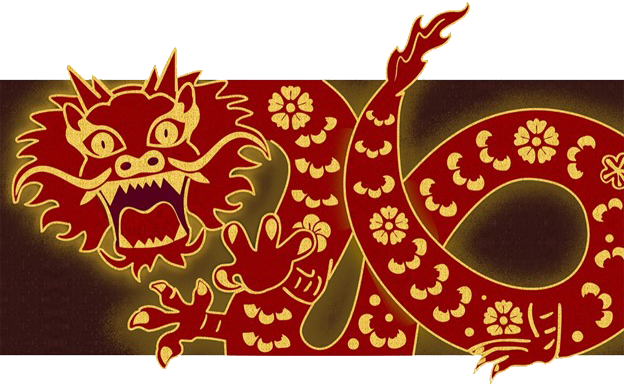The Samurai & The Tea Master: A Traditional Japanese story on Self-Mastery
Recounted by Christopher Caile
Introductory note: Centuries ago Japan was ruled by a Tokugawa Shogunate in Edo (now called Tokyo), who had unified the country’s patchwork of hundreds of feudal domains, each ruled by its own warlord and supported by its own contingent of samurai warriors.
This is a story of one such warlord, Lord Yamano Uchi of Tosa, who so favored his tea master that he bestowed upon him the robes and rank of a samurai warrior. This was quite an honor.
The tea ceremony (Chado or “Way of Tea”) is no simple accomplishment. It requires years of dedicated training to master the correct performance with its precise scripting of every phase of preparation of green tea (matcha). The ceremony is guided by rules and procedures and the use of proscribed implements. In its performance the master’s every movement and action follows the artistic and aesthetic sense of wabi (simplicity and elegance of things imperfect) and grounded in Zen’s focus on the moment and appreciation of the environment.
This story revolves around this warlord’s annual trip to Edo to visit and pay respect to the Shogun. On this trip the tea master was asked to accompany him to enable the tea master to show off his skill and performance to other high-ranking officials. His attendance would be among a contingent the warlord’s samurai and other retainers.
The tea master was very concerned about the trip into a congested, noisy and crowded city where he might encounter other samurai from other samurai domains. He was not actually from the Samurai class and was thus not skilled to protect himself if challenged or bullied. The law allowed any Samurai, even of the lowest class, to kill him if there was claimed provocation. Thus, the tea master protested this invitation, but the warlord insisted.
Once in Edo, the tea master initially kept within the warlord’s housing compound with other retainers. Eventually, however, with his warlord’s permission he ventured out, dressed as a samurai to allow greater freedom of movement within the city. While venturing out in a park the tea master was observed by another samurai and recognizing the domain’s insignia on the tea master’s samurai attire, he ask for a challenge duel.
The tea master explained that he was actually a tea master without sword skills and thus could not accept such a challenge, but the other samurai insisted.
Stories vary on what actually led to this confrontation, but the long and the short of it is that a confrontation and challenge happened. The tea master felt compelled to accept the challenge, probably to protect his warlord’s honor and reputation and thus was resolved to die an honorable death. But he first begged off an immediate fight, saying he first had to complete errands for his master, agreeing to a later time and place. Here some stories say he agreed to meet the challenging samurai in the park at sunset, while other versions say the next day.
The tea master thought about how face this challenge and to die with honor and not bring shame to his ancestors or his lord. He then had an idea. He remembered a fencing school he had seen on his earlier walk. He would ask the sword master to instruct him on basic sword technique and etiquette so his death would be more dignified.
The sword master was surprised by this unusual request, but saw in his visitor mastery gained from Chado. He finally agreed, but said first he would like to have the tea master perform the tea ceremony. This calmed the tea master’s mind and deportment as he became absorbed in the process of the ceremony.
At the end the sword master said “sword skills are not needed. When you meet your samurai challenger, express regret that the challenge was delayed, while bringing to your challenger the same state of mind you have now, with the same courtesy as a guest to your tea house. Then prepare by removing your coat, folding it carefully, tying off your sleeves and positioning your sword on your belt with the purposefulness and mind as if preparing for the tea ceremony. Finally, when the time comes draw your sword and hold it purposefully high above your head as if waiting to strike.”
And that’s exactly what he did. At the agreed upon time a place for the challenge match, the tea master’s challenger witnessed a very different man. The one facing him had an elegant, relaxed focus. The challenger was surprised, becoming quickly unnerved by the serene composure and deportment, a man seemingly without fear, sword raised. Some stories recount that the challenger then shouted, “I give up” and apologized. Other story versions say he just turned and ran away. But the point was made: the challenger was intimidated and defeated.
The story teaches that if you can master the self, your mind, spirit and emotions, perfection achieved in action and movement through some practiced endeavor, you are changed. You can can meet and overcome difficulty and challenge in other parts of life with the same state of mind.
The story also reminds me of the preparatory stage of karate kata before physical defense. The initial non-aggressive stance, of relaxed purposeful deportment and calm and focused preparedness, the projection of a fearless and confident, if developed can instill doubt and unnerve, thus forestalling an attack from a potential aggressor.
Editor’s Note: Above I have recounted my remembered rendition of this story along with informative historical notes. I hope you enjoyed the story. It is one of my favorites.






